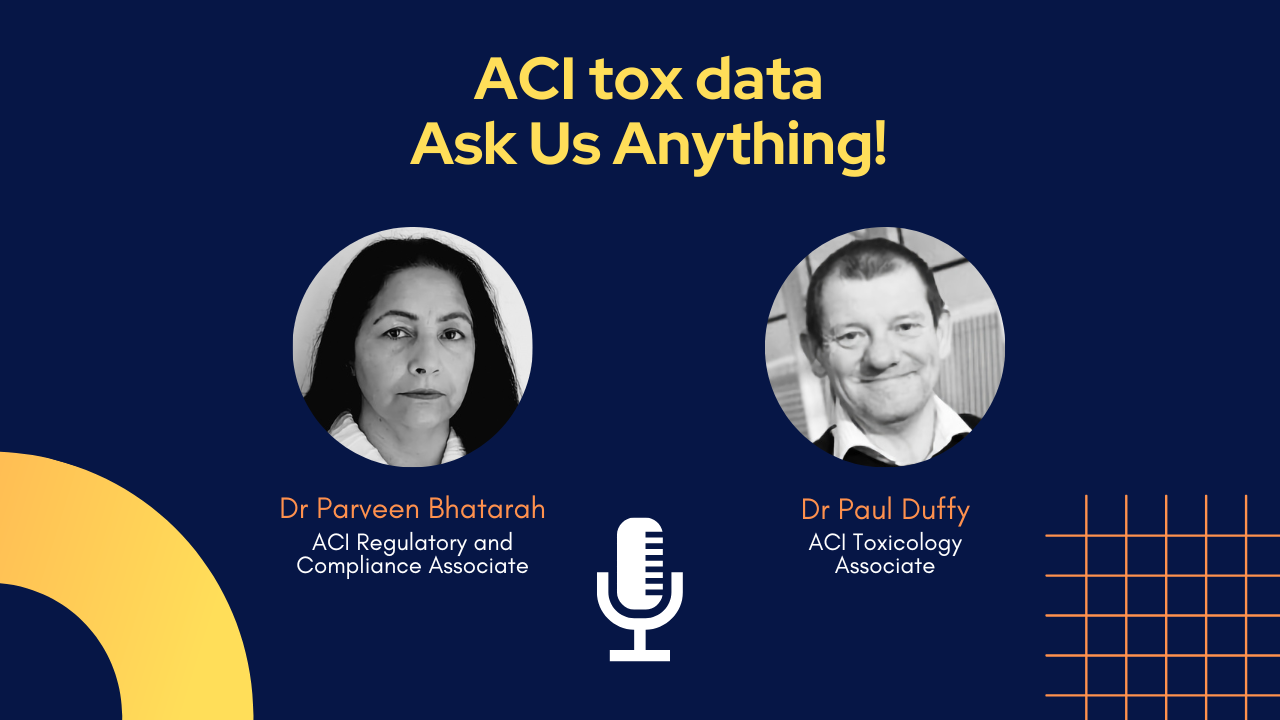Many of the CBD products we use as humans are tested on animals. So why can’t we give it to our pets?
In the UK, the Veterinary Medicines Directorate (VMD) considers CBD products intended for animal use to be veterinary medicines, making it illegal to administer cannabinoids to our pets without a prescription. To date, no such pet prescriptions exist.
In the consumer cannabinoids market, there are a number of testing requirements a cannabinoid preparation must fulfil to prove safety and efficacy, so that we humans know if a product works and how much of it we can safely take. One such requirement is animal trials – a crucial stage in the clinical exploration of a product – this happens before a cannabis oil can be lined up for human testing.
The National Institute for Health and care Excellence (NICE) refers to this as ‘real world evidence’ and it’s currently the only route-to-market for most medicinal products, emergency vaccines being the exception.
The Hodges Review
A recent review of public policy on cannabinoids in the UK by Oxford Professor Christopher Hodges raised the question – ‘Are we missing a trick where CBD for pets is concerned?’
In a poll commissioned for the landmark review, British consumers were asked how they had used CBD in the past. A higher than anticipated number, 6%, said they had given it to their pet.
If this were applied across the population, it would suggest there is already widespread use of CBD by hundreds of thousands of UK pet owners, on their cats, dogs, and perhaps horses.
A search of online CBD stores also shows companies offering CBD for use on pets and willing to ship this to UK-based customers, something which the VMD is making attempts to clamp down on.
Global Strategy Director for Avida Global, Heidi Whitman, thinks there is an opportunity here. She worked as a veterinary technician and a CBD pet product supplier in the US running a successful equine hemp business prior to moving to the UK. Heidi’s love of animals and her special interest in holistic wellbeing for humans and their pets led her to pursue this angle with Avida Global, a vertically integrated global cannabis business for the medical, well-being and cosmeceutical markets.

Heidi says it’s important to remember that the UK is just one country, with its own set of rules and regulations, pointing out that other jurisdictions have maintained a grey area when it comes to CBD for pets.
“It’s very important to remember that the UK is one country. There are other countries that have allowed this to remain in a grey zone, like the United States.
“And in Latin America, which is where Avida Global’s cultivation and production facility is located, we’re seeing Colombia open up their doors to the use of veterinary products containing cannabis as of September last year.”
Speaking from her background in veterinary healthcare, Heidi says there’s not a lot of differences between what happens when an animal consumes CBD compared to human consumption of cannabinoids.
“The use of cannabis in animals is similar to humans. Every human is different when it comes to cannabis intake, how they use it and how it works best for them, depending on the polymorphism of their receptors. There are people that feel the effects of a cannabis product very easily, and there are people who cannot.
“Some people notice a difference in how they are feeling from taking a low dose of CBD, or an isolate, while others need a full spectrum product. It’s the same with animals.”
There’s one crucial difference between animal and human behaviours which Heidi believes makes it easy for pet owners and vets to judge how a food or a medicine, is being received by a dog, cat or a horse.
“I ran a very successful equine hemp business in the US and one thing I know is that animals are very honest.”
She gives an example of treating horses, saying that unlike people, there are fewer variables to judge how they’re feeling. “They don’t feel better because they got a good night’s sleep or it’s a sunny day. They’re either lame or they’re not.”
Back to the US, where the National Animal Supplement Council found 573 million administrations were sold over 12 years intended for animals, with three adverse events, and no fatalities reported. Heidi says this data has been submitted to the FDA on an advisory level.

If other countries and government agencies are more open to treating pets with CBD, what’s holding the UK back?
One suggestion could be attitudes towards THC. According to the UK’s Animal Poison Line, a hotline set up for pet parents to seek advice if they feel their pet has eaten something it shouldn’t, ‘cannabis products appear to have similar effects in dogs as they do in humans, but given the size difference and a dog’s lack of discrimination with regards to dose, they can become poisoned from eating any quantity.’
Here’s Heidi’s take: “When you look at any kind of adverse event, from flea control to arthritis medication, typically, there’s a compounding reason as to why this happened. When you’re getting just owner’s reports it’s kind of difficult to gauge.”
The former vet tech and animal lover says another reason why some animal healthcare professionals in countries like the UK may be hesitant to explore cannabinoid treatments – education.

“When you look at THC or cannabis being taught in veterinary academia right now, it’s only taught in Toxicology classes. If you want to fast forward to look at today’s science, you’ll see that THC activates certain receptors that provide us a beautiful entourage effect and the formal activation of our ECS, and to achieve homeostasis the ECS needs to have all the cannabinoids present.”
As for giving our furry friends a few drops of our own CBD oil, the VMD says:
“As there are currently no CBD products authorised in the UK for veterinary use, a veterinary surgeon may prescribe a legally obtained human CBD product under the provisions of the prescribing cascade. Administration of an unauthorised product containing CBD without a veterinary prescription is an offence under Regulation 8 of the VMR. Companies supplying CBD products for human use in line with the requirements of the Medicines and Healthcare products Regulatory Agency must not indicate or recommend their products for use on animals.“





